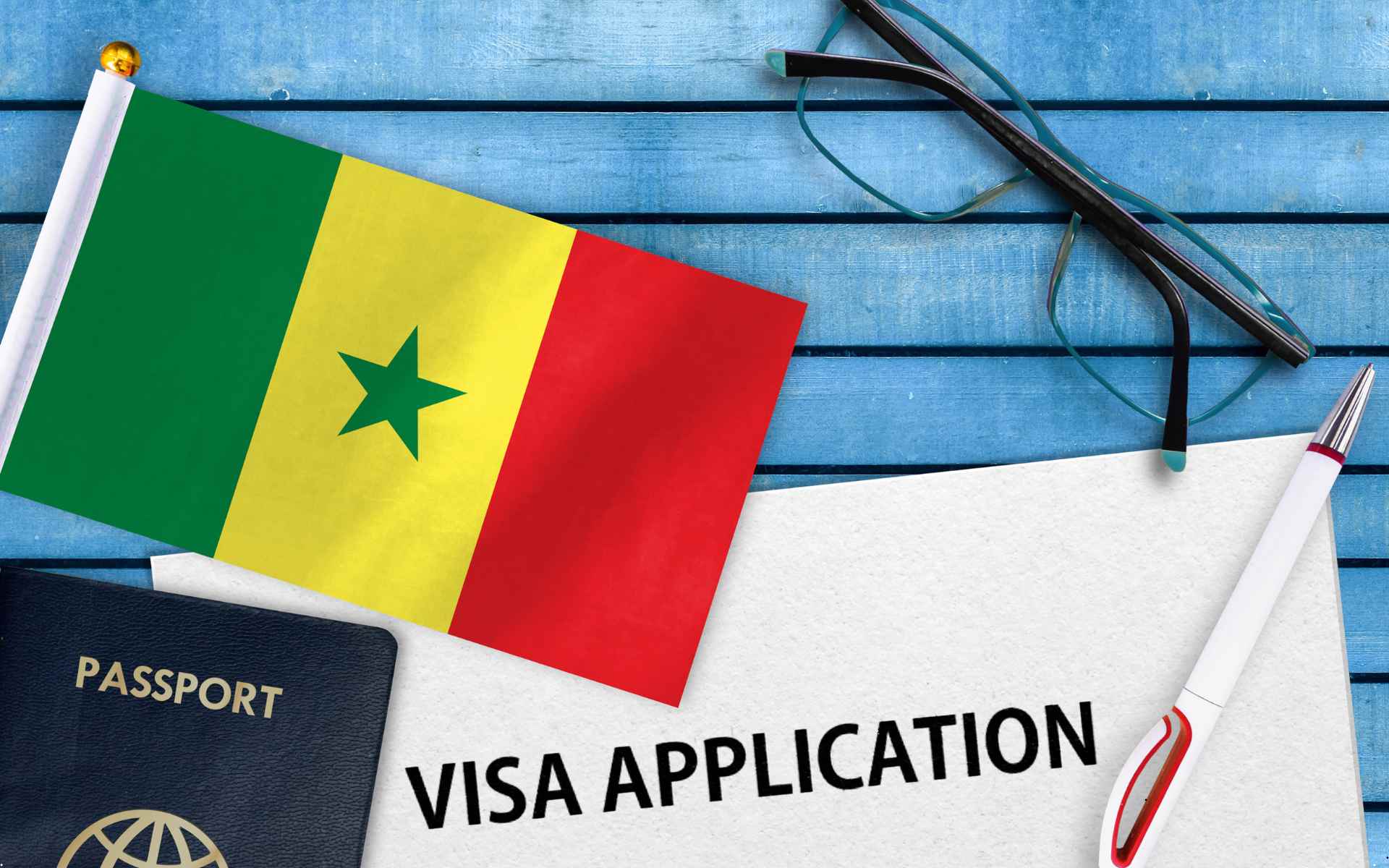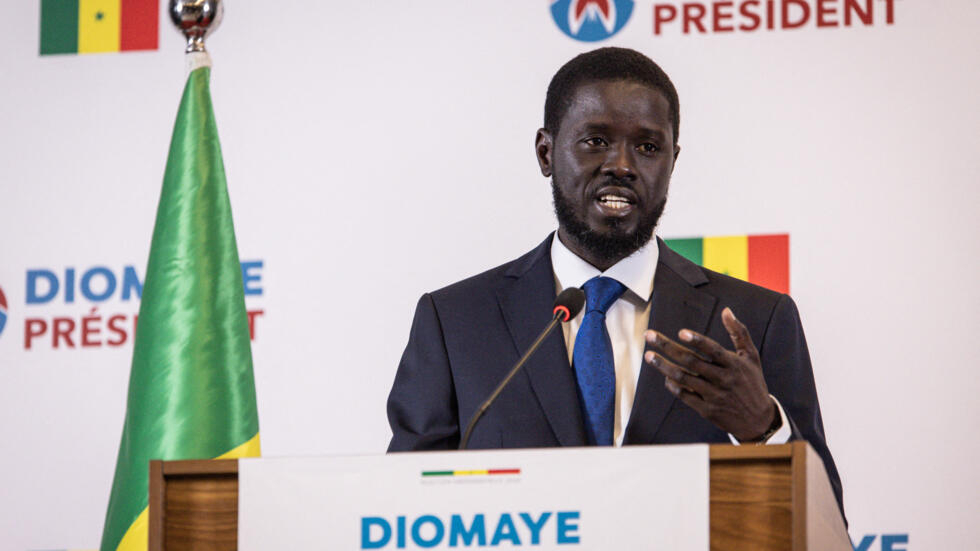
Senegal has announced a significant change to its immigration policy by introducing an electronic visa (e-visa) system that specifically targets non-African nationals.
- Senegal has unveiled an electronic visa (e-visa) system targeted at non-African nationals.
- The initiative intends to enhance the country’s migration infrastructure, administrative capacity, and transparency.
- The e-visa system is based on reciprocity, impacting citizens of countries requiring visas for Senegalese travelers.
The country’s Prime Minister Ousmane Sonko confirmed that visitors from outside the African continent would now be required to pay their visa application fees online in advance.
According to Sputnik Afrique, the reform was introduced as part of ongoing efforts to modernise and secure the country’s migration infrastructure.
Officials stated that the measure would strengthen administrative security, limit potential abuse, and simplify procedures for Senegalese migration services.
The new measure will also help the West African country streamline immigration processes and reinforce the country’s administrative capacity.
By enforcing advanced online payments, the reform aimed to improve transparency, reduce congestion at border posts, and ensure that only qualified applicants completed the visa process.
The electronic visa announcement comes as Senegal pursues ambitious plans for economic transformation under its “Senegal 2050” strategic vision, unveiled last week alongside the new National Economic and Social Recovery Plan.

E-visa reform projected to boost revenue
These reforms, backed by President Bassirou Diomaye Faye’s administration, aim to restore budgetary sovereignty and strengthen Senegal’s role in regional and global affairs.
In his address, Prime Minister Sonko stated that the country is expected to generate an estimated 60 billion CFA francs in revenue from the e-visa fees.
He added that the requirement was based on the principle of reciprocity, meaning citizens of countries that required visas for Senegalese nationals would now face the same requirement when entering Senegal.
Although details regarding implementation, such as pricing, specific countries affected, and processing timelines, are yet to be made public, nations such as France, the United States, Canada, the United Kingdom, and China, all of which require visas for Senegalese citizens, are expected to fall under the new rules.
The initiative places Senegal alongside other African countries like Namibia, which had recently introduced similar reciprocal visa policies. It also highlighted Senegal’s efforts to assert a more balanced approach in its international relations and migration management.
Olamilekan Okebiorun












